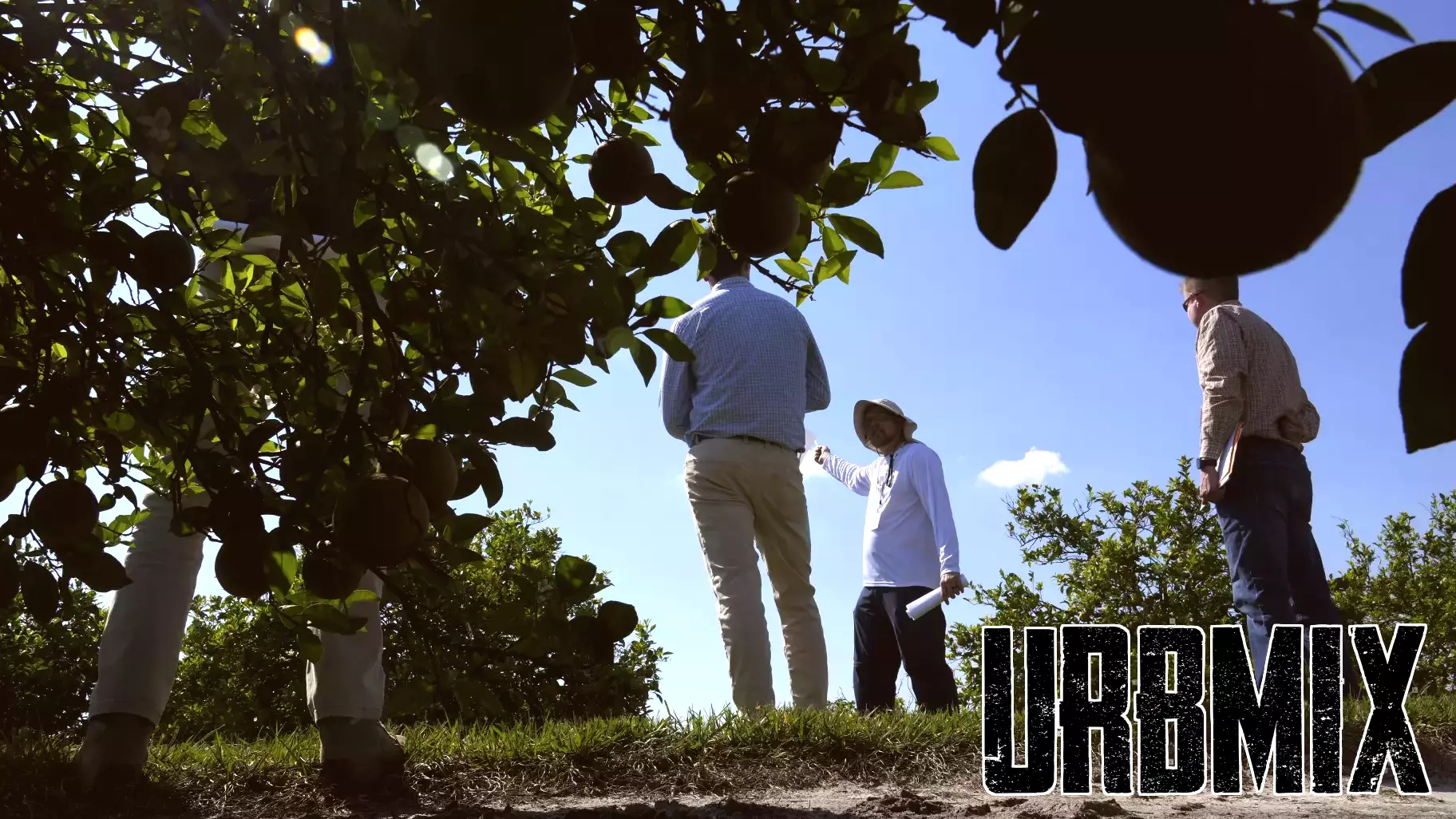March 14, 2025 - 09:23

LAKE WALES, Fla. — As Trevor Murphy arrives at his father's 20-acre grove in one of the nation's fastest-growing counties, he observes the surrounding landscape transformed by suburban development. The once-thriving citrus groves now face an array of challenges, including the increasing threat of hurricanes, devastating plant diseases, and encroaching real estate.
The citrus industry, a cornerstone of Florida's agricultural economy, is grappling with the impacts of climate change, which has intensified the frequency and severity of storms. These natural disasters not only damage crops but also disrupt the livelihoods of farmers who rely on consistent yields. Additionally, diseases like citrus greening continue to wreak havoc on orange and grapefruit trees, further diminishing production.
As urban expansion continues, many citrus growers find themselves competing for land with residential and commercial developments. This shift raises concerns about the future of citrus farming in Florida, as farmers must navigate the pressures of both nature and urbanization. The resilience of this industry will be tested in the coming years as it strives to adapt and survive amidst these mounting challenges.



